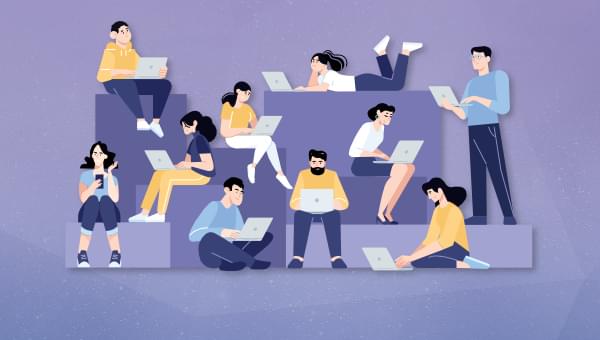Paying off debt can be a daunting task, especially when faced with multiple options and strategies. The best approach to paying off debt depends on various factors, such as the amount owed and how it compares to your income. If your debt is manageable and does not consume a significant portion of your income, you may be able to tackle it on your own with a strategic plan and careful budgeting. However, if your debt is overwhelming, you may need to explore other options such as increasing your income, consolidating debts, or seeking debt relief.
Assessing your debt load is the first step in determining the best way to pay off debt. Understanding how much you owe in relation to your income can help you decide whether a do-it-yourself approach is feasible or if you should consider debt relief options like a debt management program. Utilizing online calculators can help you compare your debt to income ratio and suggest suitable payoff strategies based on your situation.
For those looking to take a do-it-yourself approach, there are several methods to consider. The debt snowball method involves focusing on paying off your smallest balance first and then rolling that payment into the next debt once it is cleared. On the other hand, the debt avalanche method prioritizes paying off debts with the highest interest rates first to save money in the long run. Lowering your credit utilization by paying down high credit card balances can also improve your credit score while reducing debt.
Debt consolidation is another option to consider, which involves combining multiple high-interest debts into one monthly payment at a lower interest rate. This can make your payments more manageable and potentially shorten the time it takes to pay off your debt. However, it is essential to have a good credit score to qualify for a balance transfer credit card or debt consolidation loan.
Creating a budget and sticking to it is crucial in managing debt effectively. Various budgeting systems exist, so finding one that works for you is key. Utilizing technology can also simplify the budgeting process by automating payments and categorizing expenses. Additionally, finding ways to lower your monthly bills can free up more money for debt repayment.
Increasing your income through a second job or freelance work can accelerate your debt repayment plan. Negotiating higher pay at your current job or selling unused items can also boost your income. If all else fails, exploring debt relief options such as debt management, bankruptcy, or debt settlement may be necessary for those unable to pay off their debts within a reasonable timeframe.
In conclusion, paying off debt requires careful planning, budgeting, and possibly exploring various strategies based on your financial situation. By assessing your debt load, considering DIY methods, exploring debt consolidation, creating a budget, finding ways to lower bills, increasing income, and exploring debt relief options, you can effectively pay off your debt and achieve financial freedom.

:max_bytes(150000):strip_icc()/GettyImages-2199632761-839b99fe4dd54cae8e45dbda8aa01e0a.jpg)

















